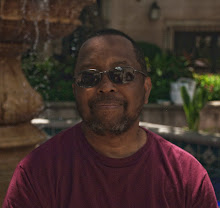
Striving for Freedom (performed at the Jay Heritage Center, December 4, 2009)
Originally uploaded by Jay Heritage Center
Pictured here are the two performers recreating the reunion of sisters sold into different families. Behind them hangs a reproduction of "The Locusts" the farmhouse in Rye where John Jay grew up as a boy. It is on this site that slaves were also emancipated. Archives show that Caesar Valentine, a slave for John Jay's brother and sister-in-law was freed in 1824 but continued in service for the Jays in Rye. So close was his relationship with the family that he was given a lifetime stipend in Peter Augustus Jay's will in 1843.
John Jay was the first President of the NY Manumission Society advancing emancipation as early as 1785. His son Peter Augustus Jay also served as President of the NY Manumission Society.
"A respectable number of Citizens having formed themselves into a Society for promoting the Manumission of Slaves, and protecting such of them as have been or may be liberated, the following Extracts from their Proceedings, are published for the information of the Public."
"The benevolent Creator and Father of men, having given to them all an equal right to life, liberty, and property, no Sovereign power on earth can justly deprive them of either; but in conformity to impartial government and laws to which they have expressly or tacitly consented."
"It is our duty, therefore, both as free Citizens and Christians, not only to regard with compassion, the injustice done to those among us who are held as slaves; but to endeavor, by lawful ways and means, to enable them to share equally with us in that civil and religious Liberty, with which an indulgent providence has blessed these states, and to which these our brethren are, by nature, as much entitled to as ourselves." (From the American Mercury, 1785, reporting on an article in the Hudson Gazette, JHC Archives




